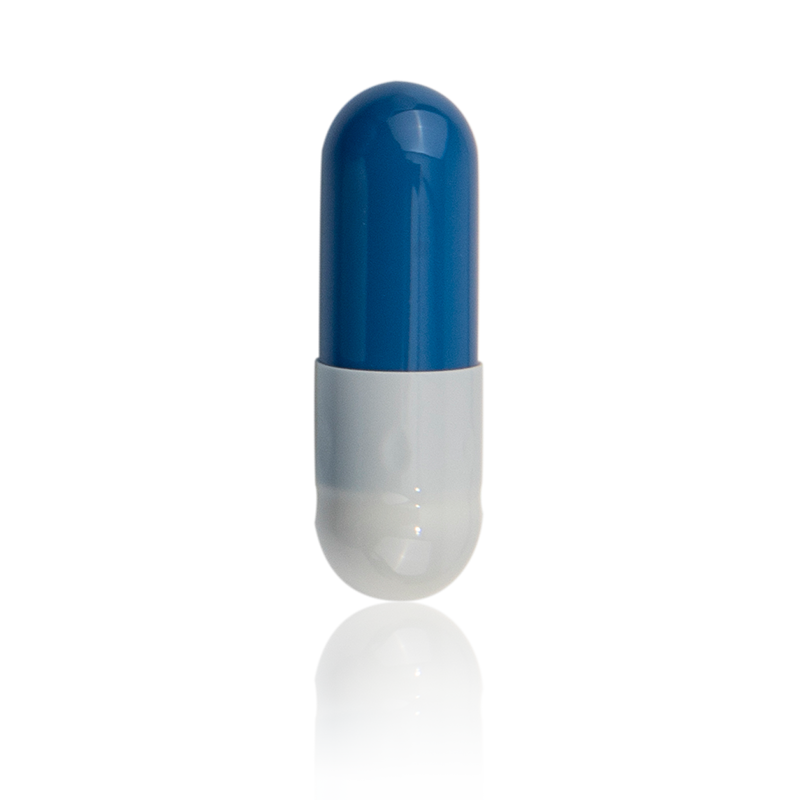Enteric-coated Hollow Capsules

These capsules can be filled with dry powder or liquid pharmaceutical ingredients.The disintegration time of an empty gelatin capsule is an important quality attribute of a capsule. It is important because it is a prerequisite for drug dissolution and release. It is set at a maximum of 900 s (15 minutes). The average disintegration time of a capsule was 449 s (7.5 min) for hard gelatin capsules. However, disintegration times of a capsule can vary widely, ranging from less than 50 s to more than 850 s.The disintegration time of an empty gelatin capsule was determined in laboratory conditions by measuring the time it takes to disintegrate a capsule containing a liquid or solid.The time required to disintegrate a capsule containing an overencapsulated phosphate prodrug varies considerably depending on the composition of the capsule and its ingredients. During accelerated storage, these capsules can experience chemical reactions that can impair dissolution performance.There are a number of variables that determine the capsule size.
These variables include the active ingredient, the formulation's density, and the target fill weight. The fill weight is calculated by multiplying the specific gravity of the liquid by the body volume of the capsule. In addition to the size, the composition of the capsule also influences the volume.If you use many supplements, you may want to invest in some empty gelatin capsules. These are easy to fill and are suitable for most users. They hold between 150-200 mg of powder. These capsules work well with the ALL-IN capsule filling machine. These capsules are also very sturdy.Microbiological testing of empty gelatin capsules can support the risk assessment process. The goal of the study is to determine the variability of a standard empty gelatin capsule in terms of the composition of the capsule and other factors that may impact its performance. The data collected will help determine the critical material attributes and characteristics for the development of new products.To conduct microbiological testing, manufacturers must follow the guidelines set forth by the FDA.
The guidelines state that the preparation must be diluted in a buffered sodium chloride-peptone solution of pH 7.0. The dilution should be one part per ten. However, some products may require higher volumes.Gelatin capsules are used as a major component in pharmaceuticals, and the manufacturing of these capsules must meet regulatory requirements. CapsCanada is committed to ensuring the quality and safety of these capsules by performing release testing on empty capsule lots. This is conducted by qualified third-party laboratories, who assess the product by analyzing the physical, chemical, and microbiological properties. They also test for defects and organoleptic characteristics. They also perform dissolution studies using active ingredients of different biopharmaceutical classes.

 English
English Español
Español 中文简体
中文简体









